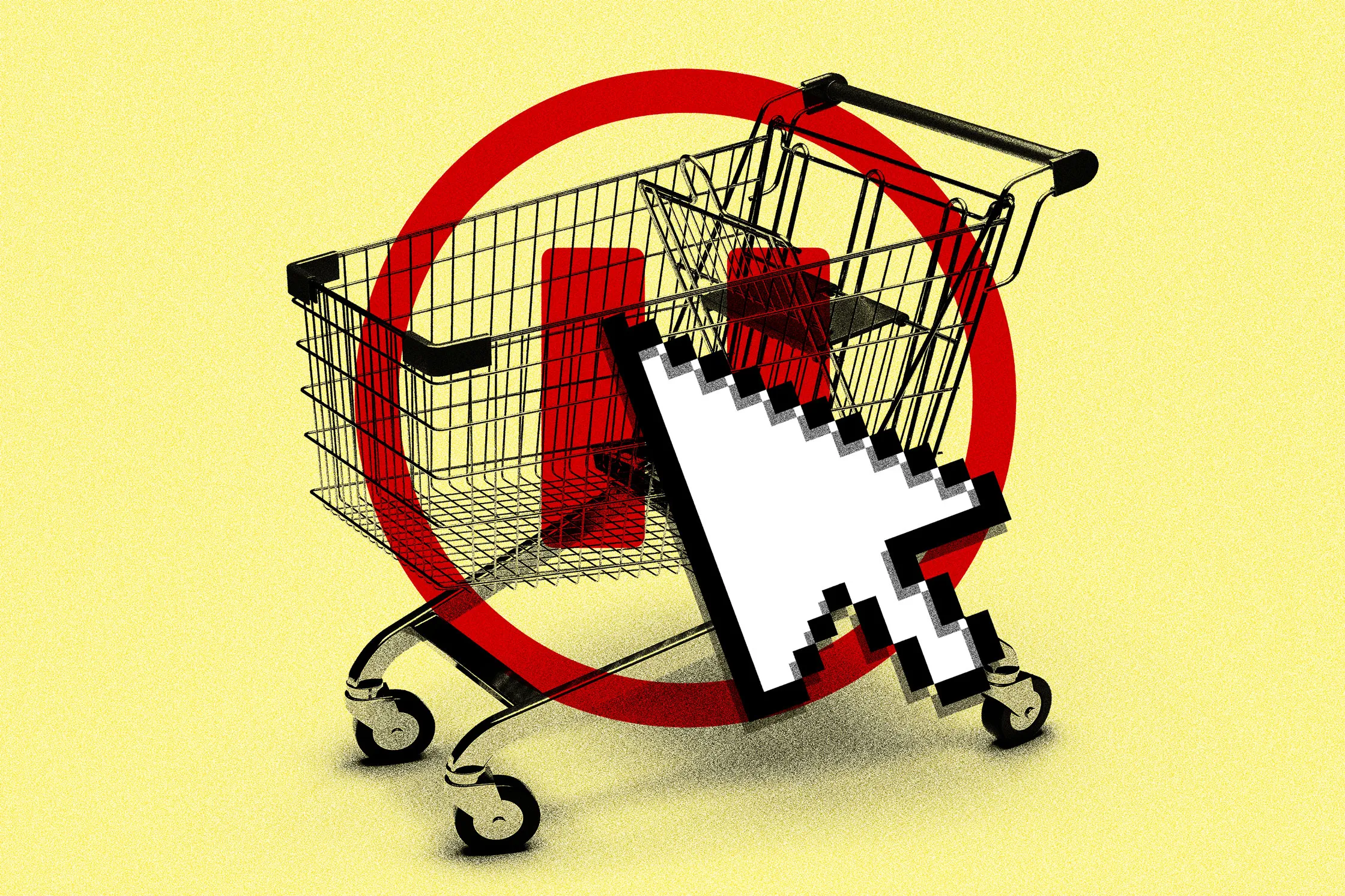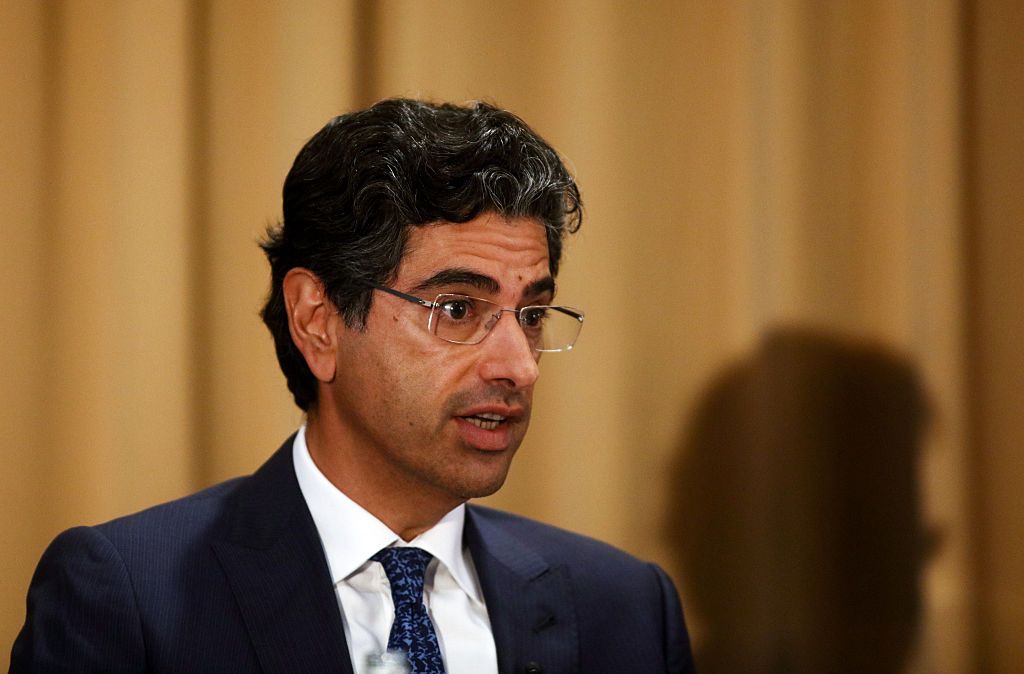Americans Are Falling Behind on Their Car Payments
NegativeFinancial Markets

Recent reports indicate that Americans are struggling to keep up with their car payments, with delinquency rates on subprime auto loans reaching record highs. This trend is concerning as it reflects broader economic challenges and could lead to increased financial strain for many households. Understanding the implications of these rising delinquency rates is crucial for consumers and policymakers alike.
— Curated by the World Pulse Now AI Editorial System











